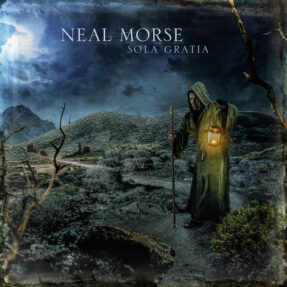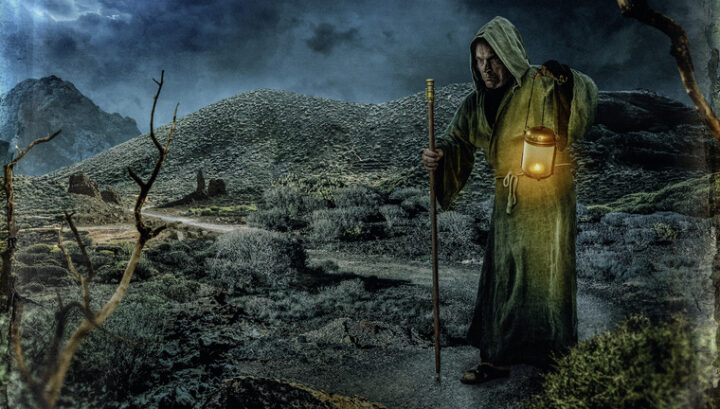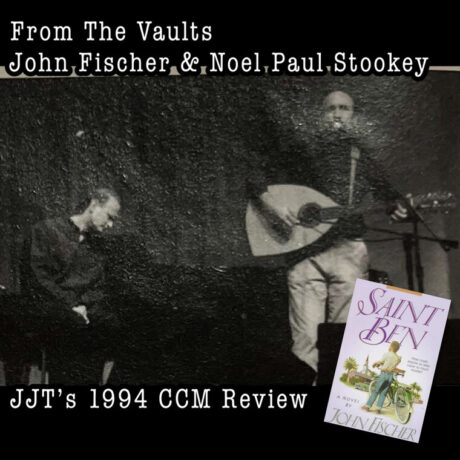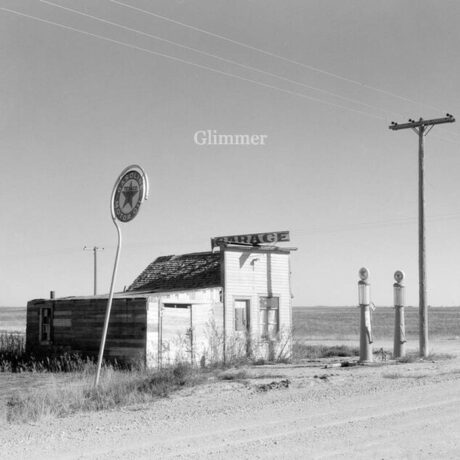Neal Morse’s Sola Gratia; A Prog-Rock Perusal of Paul

Sola Gratia
Neal Morse
Inside Out Music
Reviewed By Brian Quincy Newcomb
Neal Morse may not be a household name, but the progressive rocker has produced such a sizable catalog of laudable music, it should rightly be mentioned alongside the work of Yes, Kansas, Pink Floyd, Rush, Gentle Giant, and other legends of the genre. In addition to releases under his own name, Morse has been connected to Spock’s Beard, Transatlantic, Yellow Matter Custard, and Flying Colors. Perhaps one of the reasons he remains one of music’s best-kept secrets is that “Prog,” with its compositional sophistication and musical precision, sits far afield from today’s uber-casual pop music interests. Then there’s the fact that, when considering the subject matter for his epic creations, the ever-ambitious Morse is the kind of artist who considers the internal dialog of a 16th century, German church reformer prime material. Just as his 2007 project Sola Scriptura focused on the musings and motivations of Martin Luther, his new album, Sola Gratia, focuses on the Apostle Paul, the Jewish Pharisee who persecuted the followers of Jesus before his dramatic transformation into one of Jesus’ followers and missionaries.
Musically, Morse cuts a wide swath across the prog-rock landscape. He draws on classical music in the album’s lengthy opening instrumental “Overture,” before he and his two main collaborators offer up some of the album’s more potent instrumental virtuosity. The trio’s lovely melodic soloing, as well as several bright bursts of speedy playing on guitar and synths, are sure to impress fans of Joe Satriani or Keith Emerson. Since he recorded the album during COVID quarantine, Morse played most of the keyboards and guitars in his home studio, while his long-time associates, bassist Randy George and drummer Mike Portnoy merely added their parts as requested, in lieu of collaborating and working on the arrangements together, under one roof.
While the Apostle Paul is the author of most of the Epistles that make up the New Testament, Morse has focused his “rock opera” on the period before his conversion, when under the name of Saul, he viewed followers of Jesus as blasphemers and worked to destroy the Jesus movement. Thus, “In the Name of the Lord,” which feels a bit like an 80’s pop-metal rocker, finds the angry Pharisee seeking to protect Jewish orthodoxy with a vengeance, demanding that they “toe the line,” because “I am coming for you.” Morse is a prolific musician, and while no one would challenge his ability to produce original sounds unique to him, many of his instrumental flourishes recall the work of prog progenitors such as Kansas and Queen. Elsewhere, “Building A Wall” loosely draws on Pink Floyd, and throughout the project, when Morse incorporates a choir, there’s a bit of a “Jesus Christ Superstar” vibe. And if the Floyd you long for is less Roger Waters’ sing-songy choruses and more David Gilmore’s haunting guitar sound, you’ll want to focus on the rock ballad, “Never Change.”
Morse’s instrumentals, whether designed as such like “Sola Intermezzo,” or in the many musical themes that stretch his songs to epic proportions, never fail to enthrall and entertain. The music is so impressive and engaging throughout that you could give it to a prog-rock fan who has little interest in the Biblical storytelling, and they’d hardly notice the impactful tale. “Seemingly Sincere,” the album’s longest track at nine and half minutes, tells the story from Acts of the stoning of the first Christian martyr, Stephen. Morse opens the track playing some Keaggy-like volume control guitar theatrics over electronic synth loops, (again recalling Floyd.) This builds to a powerful jam and a synth solo and a section that allows Portnoy to display his drum chops. While Paul was a bystander of Stephen’s stoning, the martyr’s witness stirs his conscience around the suggestion that one could “believe a lie,” while being “seemingly sincere.”
The record culminates in a dramatic trilogy of tracks that describe and meditate on Paul’s conversion. In “The Light On the Road to Damascus,” the Apostle experiences a vision of the resurrected Christ for himself. This leads to the piano/cello intro to the worshipful “The Glory of the Lord,” on which an angelic sounding choir joins Morse. The track builds to a triumphant crescendo, complete with the soaring guitar heroics of Neal Morse Band’s main lead guitarist, Eric Gillette. “Now I Can See/The Great Commission” closes out the 14 song narrative, with Paul embracing that which he was blind to at the album’s beginning. The song offers the imperative to “go into all the world, I will be with you,” as Morse plays a tender piano postlude.
2020, for all it has taken from us, has given prog rock fans significant gifts, notably a new studio album from the most recent configuration of the band Kansas, and now this smart, moving, retelling of the conversion of Paul. As I reached the end of this epic album for the 5th or 6th time, I wondered what music the artist might come up with to carry the dramatic letters of the Apostle to Thessalonica, Galatia, Corinth, or Rome. Prog fans can only hope Morse has another “Sola” or two in him
(Also definitely worth checking out is the recent collection of cover songs released by Morse/Portnoy/George. Their versions of songs like “Baker Street,” “Hymn 43,” “Black Coffee In Bed,” and “Let Love Rule” have no business sounding this good. There are several excellent “filmed in the home studio” videos on YouTube – which are impressive and inspiring, especially for aspiring musicians. HOWEVER, try listening FIRST – and let your imagination be your guide. This music deserves ALL synapses engaged. Use your mind’s eye the first time around, at least. – Ed.)




